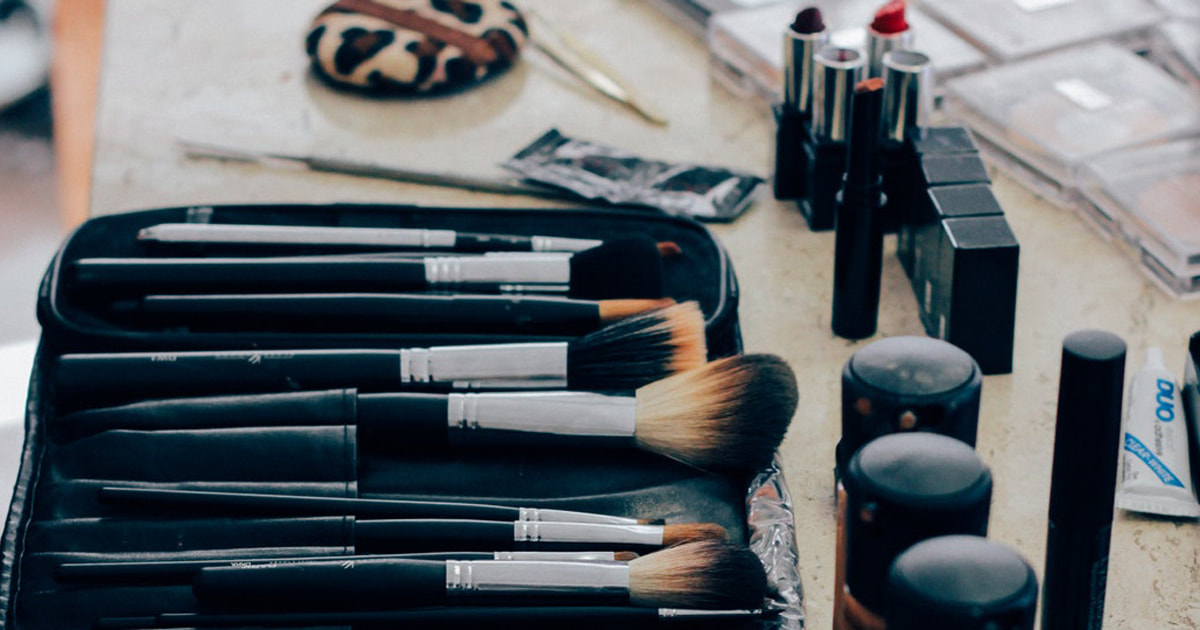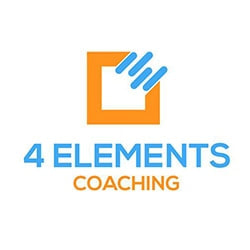Ever wonder what's in the make-up you're wearing on your face each day? Or your shaving cream or toothpaste? A watchdog consumer site maintains an enormous online database so you find out exactly how safe your brand of skin/hair/nail care products are.
- story by LB Kovac
Propylparaben on its own isn’t particularly hazardous, especially in the amounts found in lotion, and it isn’t going to make you grow an extra limb. In 2010, the European Union Scientific Committee of Consumer found propylparaben to be “safe to the consumer, as long as their individual concentrations does not exceed 0.19%.” At these levels, the committee argues, not enough of the propylparaben can be absorbed through your skin to give you more than a statistically negligible chance of contracting cancer.
Still, if the fact that there are trace amounts of potentially cancer-causing chemicals in your face lotion gives you pause, it would seem you have a couple of options. You could spend the rest of your life standing in the fluorescent lights of the personal care aisle, poring over the labels of lotions, cosmetics, and sun blocks and Googling the ingredients, one-by-one, to see if things like “dimethicone” are as scary as they sound. Or, you could rely on a company like Environmental Working Group to decode those labels for you. Environmental Working Group, or EWG, is a two-decades-old environmental organization that seeks to hold companies accountable for the products they make and services they offer. Founded by Ken Cook and Richard Wiles, the company lobbies on the local and national levels for more transparency in business and labeling practices. EWG rose to prominence a few years ago in 2006 when the organization went head-to-head with soda manufacturers for knowingly including what EWG deemed as unsafe levels of benzene in sodas. According to the Food and Drug Administration, the benzene molecule is carcinogenic in nature but allows quantities smaller than 5 parts-per-billion. EWG’s Skin Deep Cosmetics Database website now serves as a resource for those wishing to pull the curtain back on confusing labels.
EWG has reviewed more than 70,000 personal care products, from big brands like Curel, Maybelline, CoverGirl, and Old Spice. EWG says that each product is evaluated by their team of scientists and given an individual score from 1-10, with 1 being the best score and 9 being the worst.
Products that receive a 1-3 are deemed “safe.” These products follow EWG’s guidelines for ethical sourcing and testing, and use ingredients that are natural and non-toxic. The best of these products, which adhere to EWG’s most rigorous standards, get EWG’s seal of approval. Wal-Mart is just one of the companies to show support for EWG. Last year, it made headlines for encouraging all companies that sell personal care products in its stores to get the EWG seal. Other retailers, like Target, have expanded their offerings to include EWG-approved products. Products on the other end of the spectrum, 6-10, are the ones EWG claims are unsafe. Propylparaben is just one of the ingredients that can tank one of these products’ scores; “recorcinol,” “methylisothiazolinone,” and “amylcinnamaldehyde,” known immunotoxins, are flagged by EWG’s researchers. Even if you’re not overly concerned with the health risks involved with using your favorite foundation (and not afraid of the occasional tongue-twister), you still might be served by EWG’s website. Because it labels and flags potential allergens in all of its reviewed products, the site is a great resource for allergy-sufferers. And animal lovers can revel in the fact that EWG won’t give out their seal if a company’s product is known to be tested on animals. So, the next time you’re staring at the bottle and can’t decide what “coumarin” is, look it up. Comments are closed.
|
Categories
All
Archives
July 2024
|
Shoofly Magazine Partners
Our Shoofly Partners are local businesses and organizations who share our mission to enrich community life in Bay St. Louis, Waveland, Diamondhead and Pass Christian. These are limited in number to maximize visibility. Email us now to become a Shoofly Partner!




























 RSS Feed
RSS Feed























